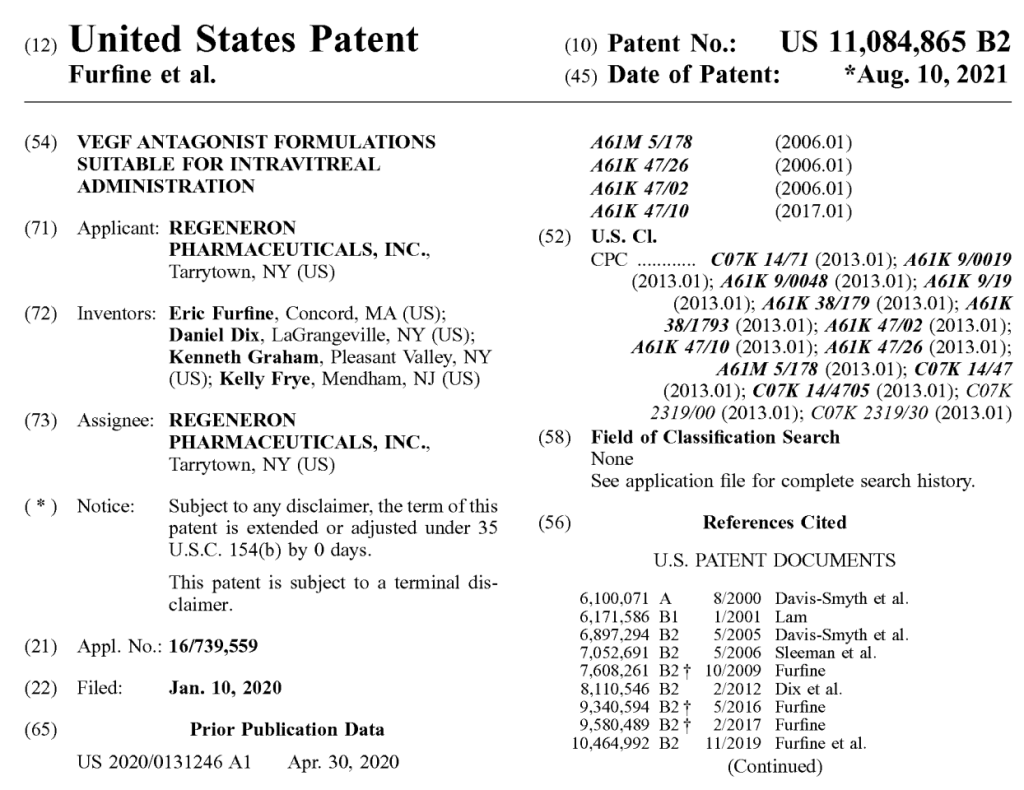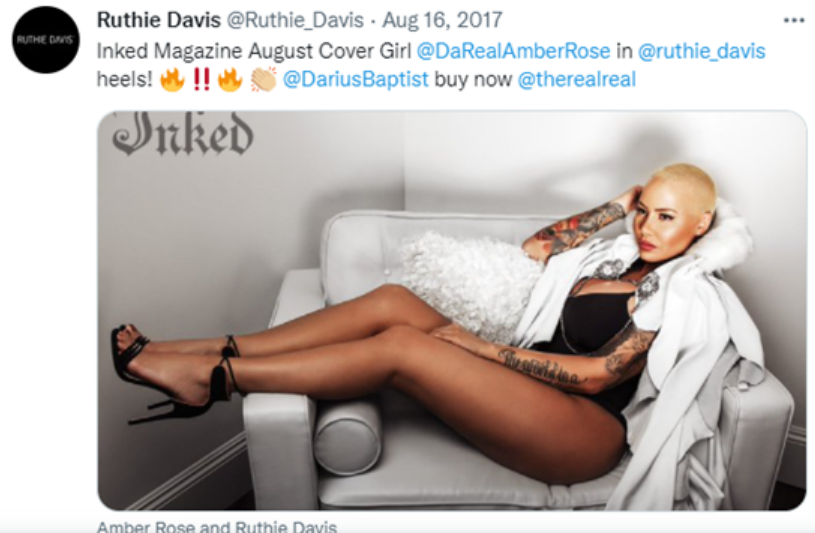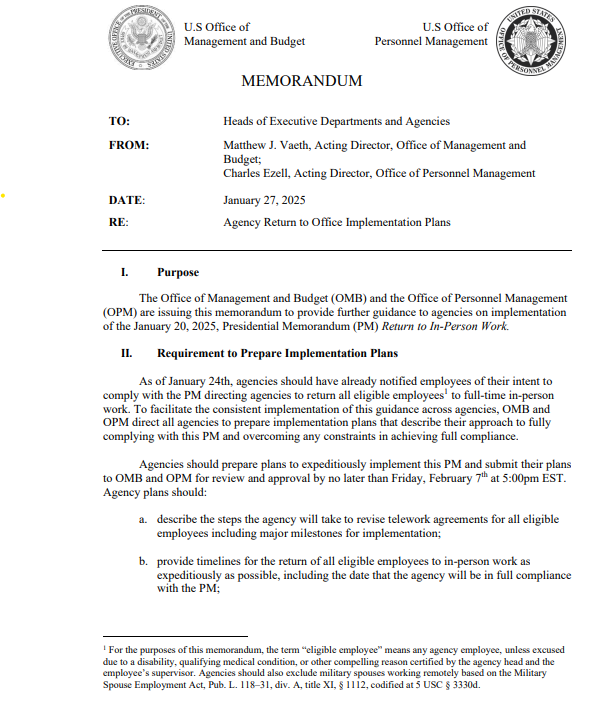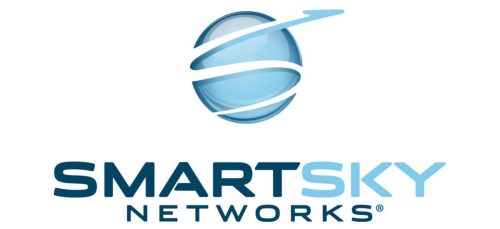by Dennis Crouch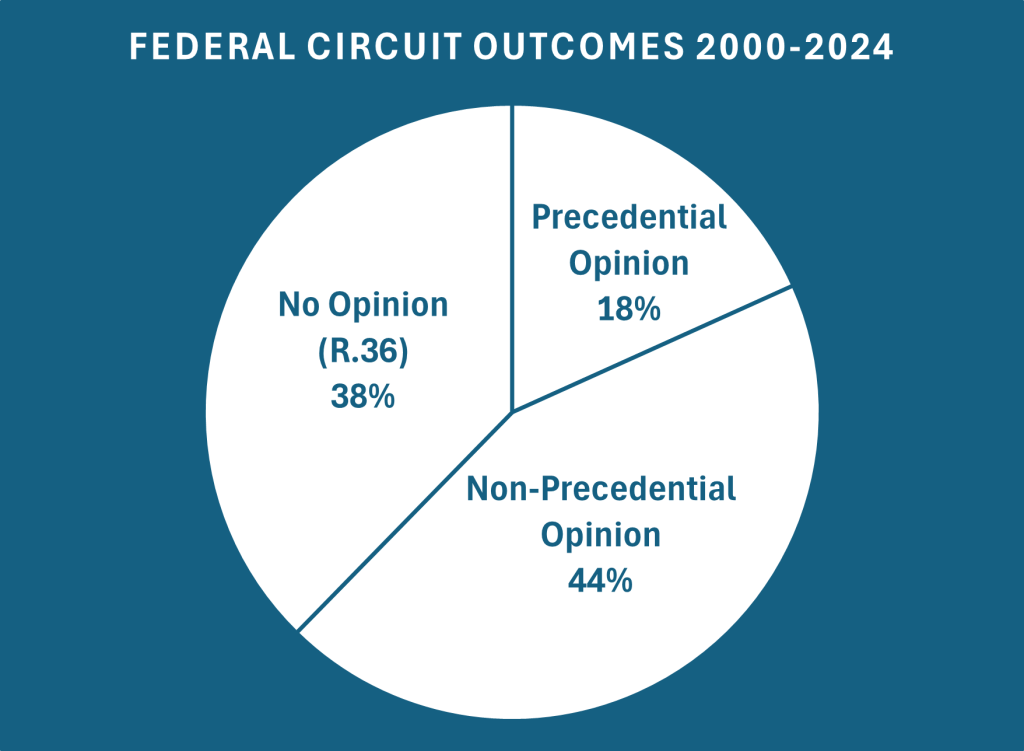
[Update – I should have noted that these are limited to appeals from the USPTO – primarily IPR decisions focusing on the issue of obviousness]
The pie chart shown here depicts the distribution of Federal Circuit case outputs from 2000 to 2024 across three categories. The plurality of cases, 44%, resulted in a Non-Precedential Opinion, indicating a substantial volume of decisions with limited precedential impact. Following this, 38% of outcomes are categorized as “No Opinion (R.36).” These are cases where the court issued a summary affirmance of a lower tribunal holding without any written explanation. I want to note for a moment here that other federal appellate courts also have an approach known as “summary affirmance, but those courts always provide at least a brief explanation of the ruling and its justification. The Federal Circuit provides no opinion, just the judgment.
The final segment, 18% of dispositions, represent cases with Precedential Opinion. This represents the smallest category and highlighting the court’s selection of cases deemed to warrant formal published opinions with binding effect on subsequent decisions.
